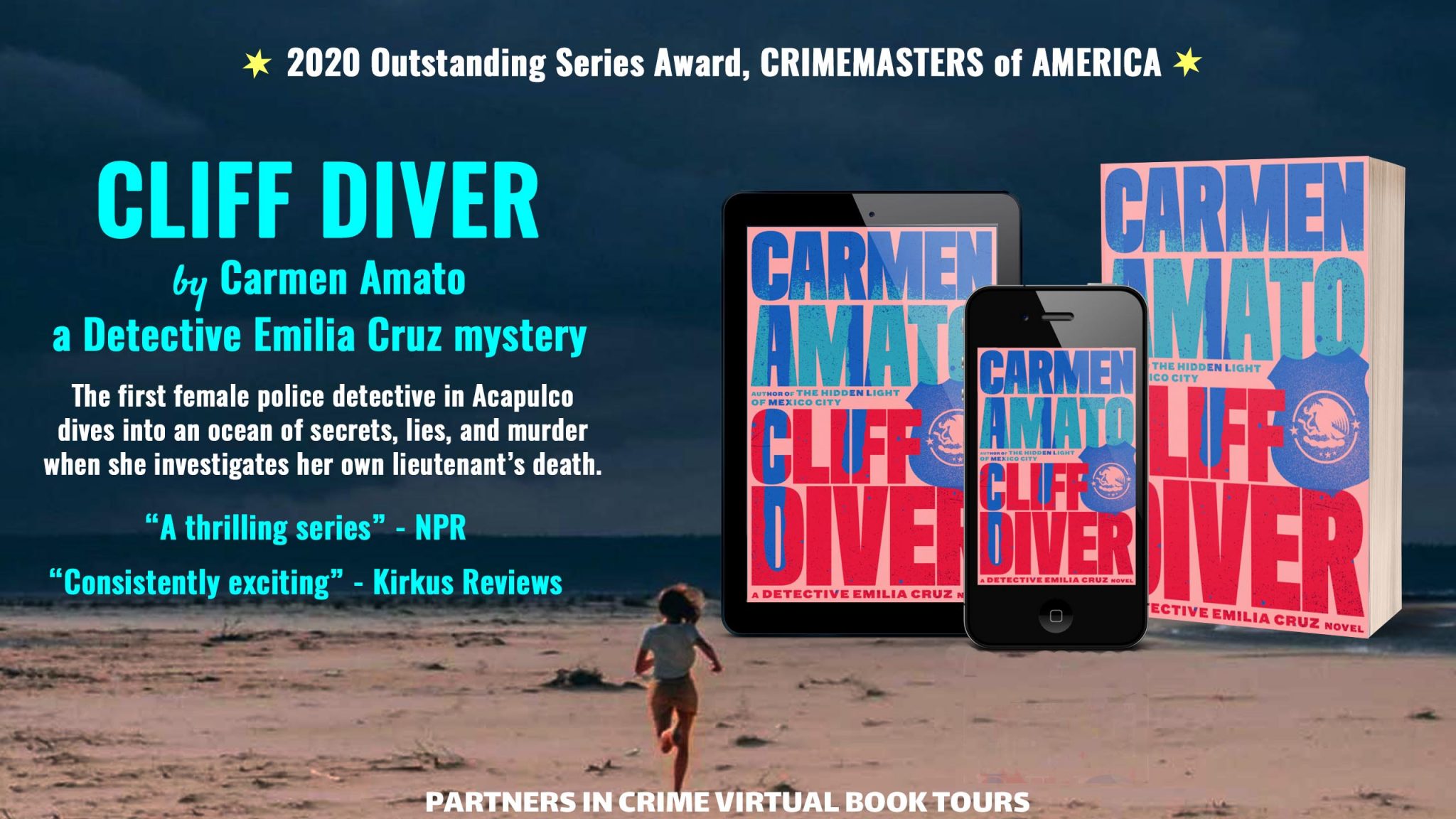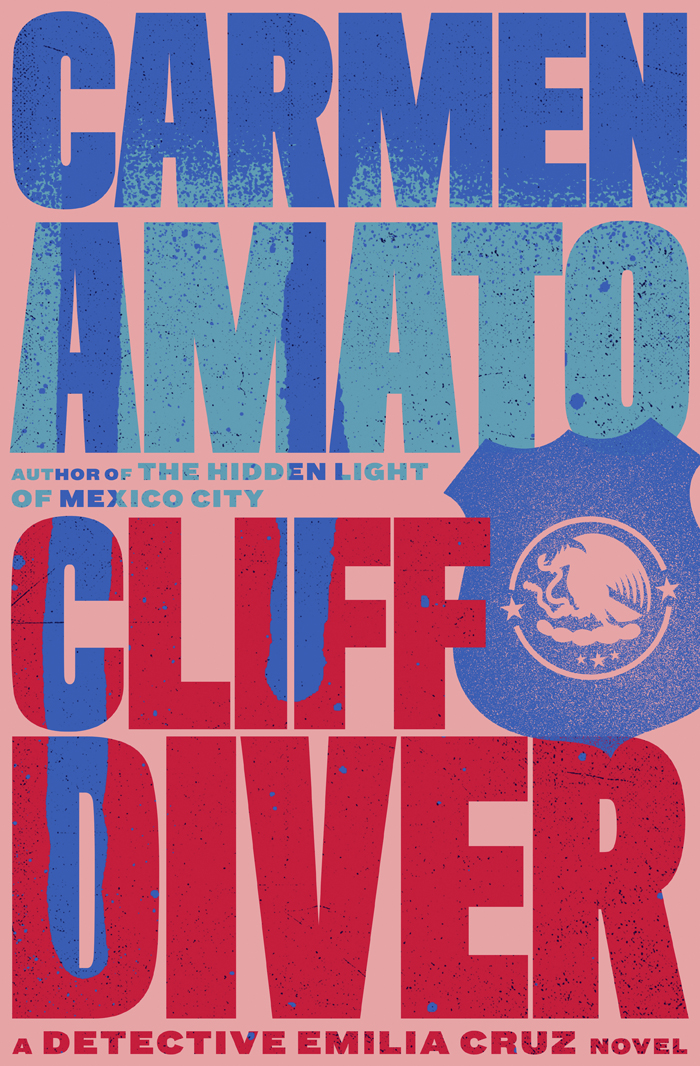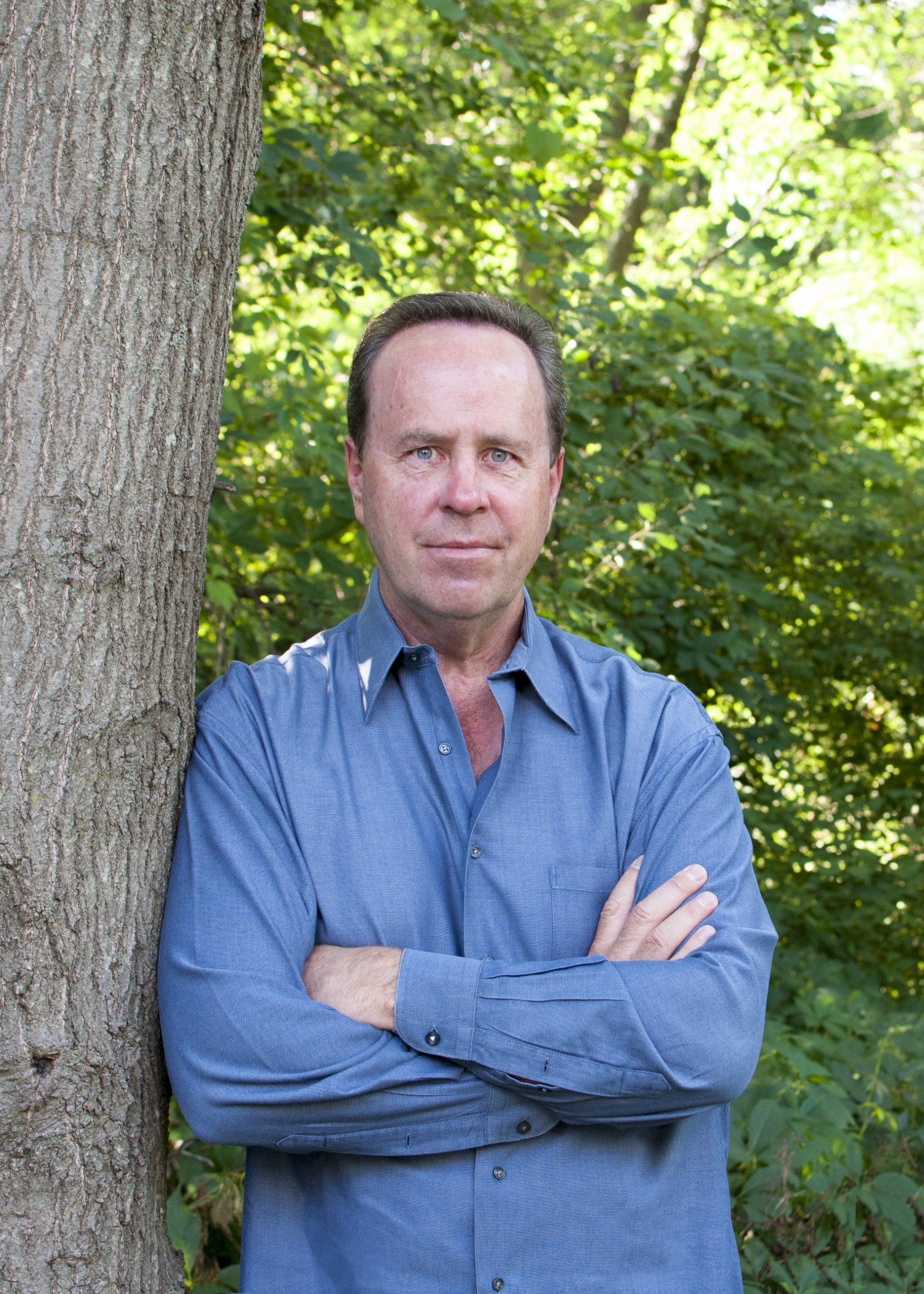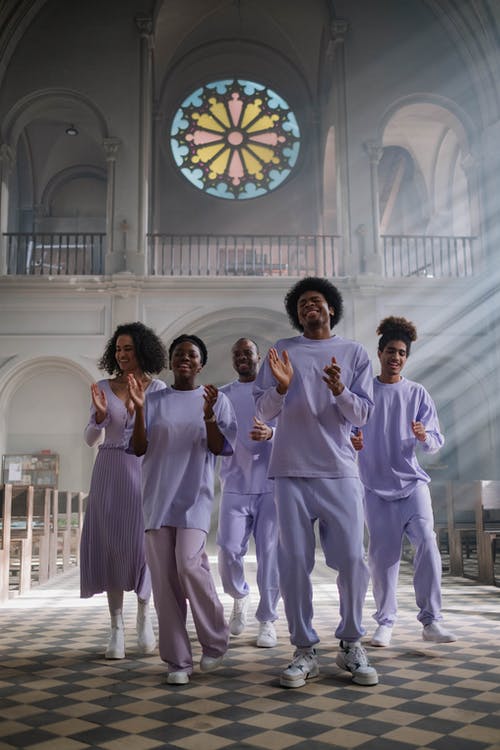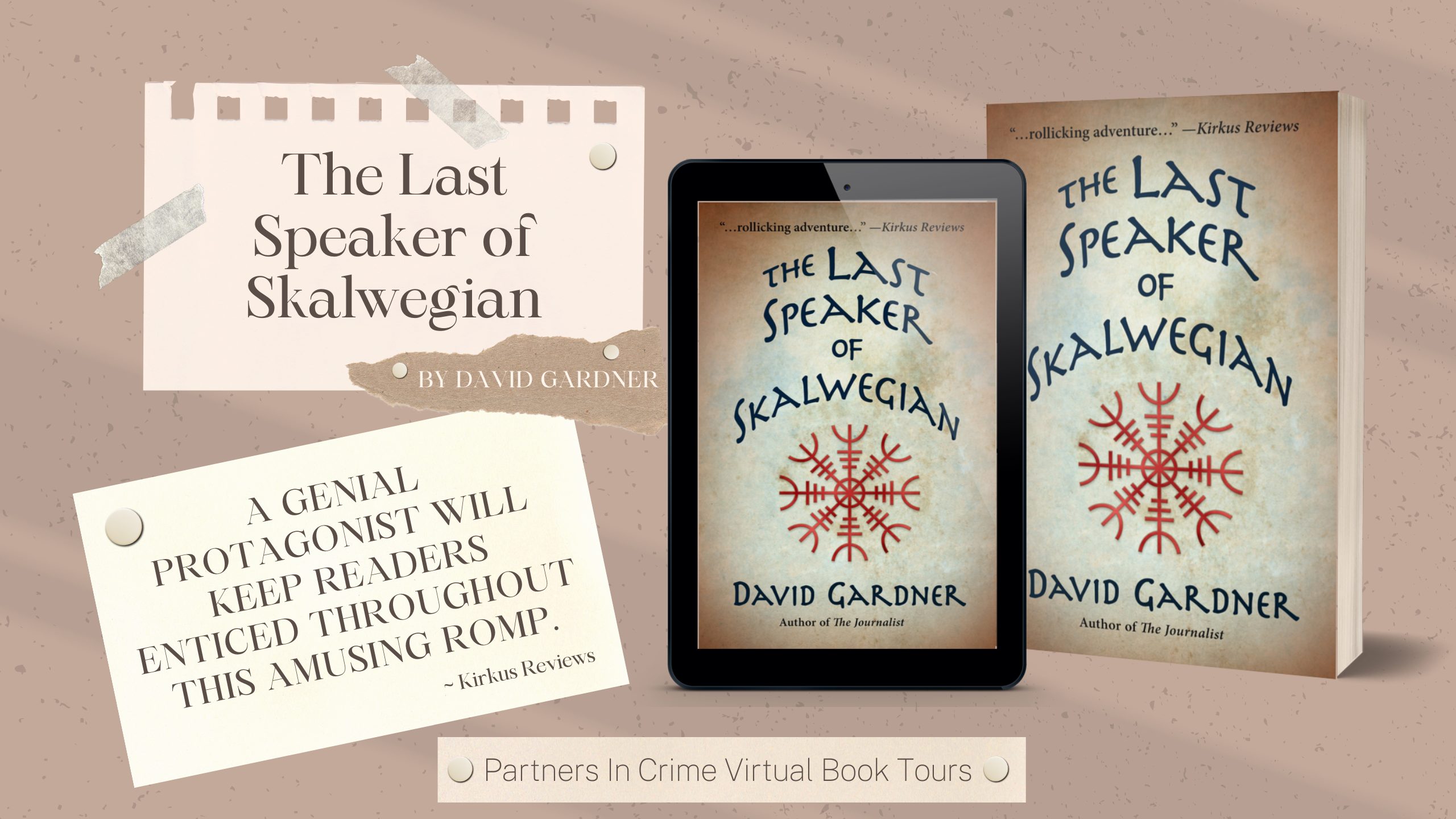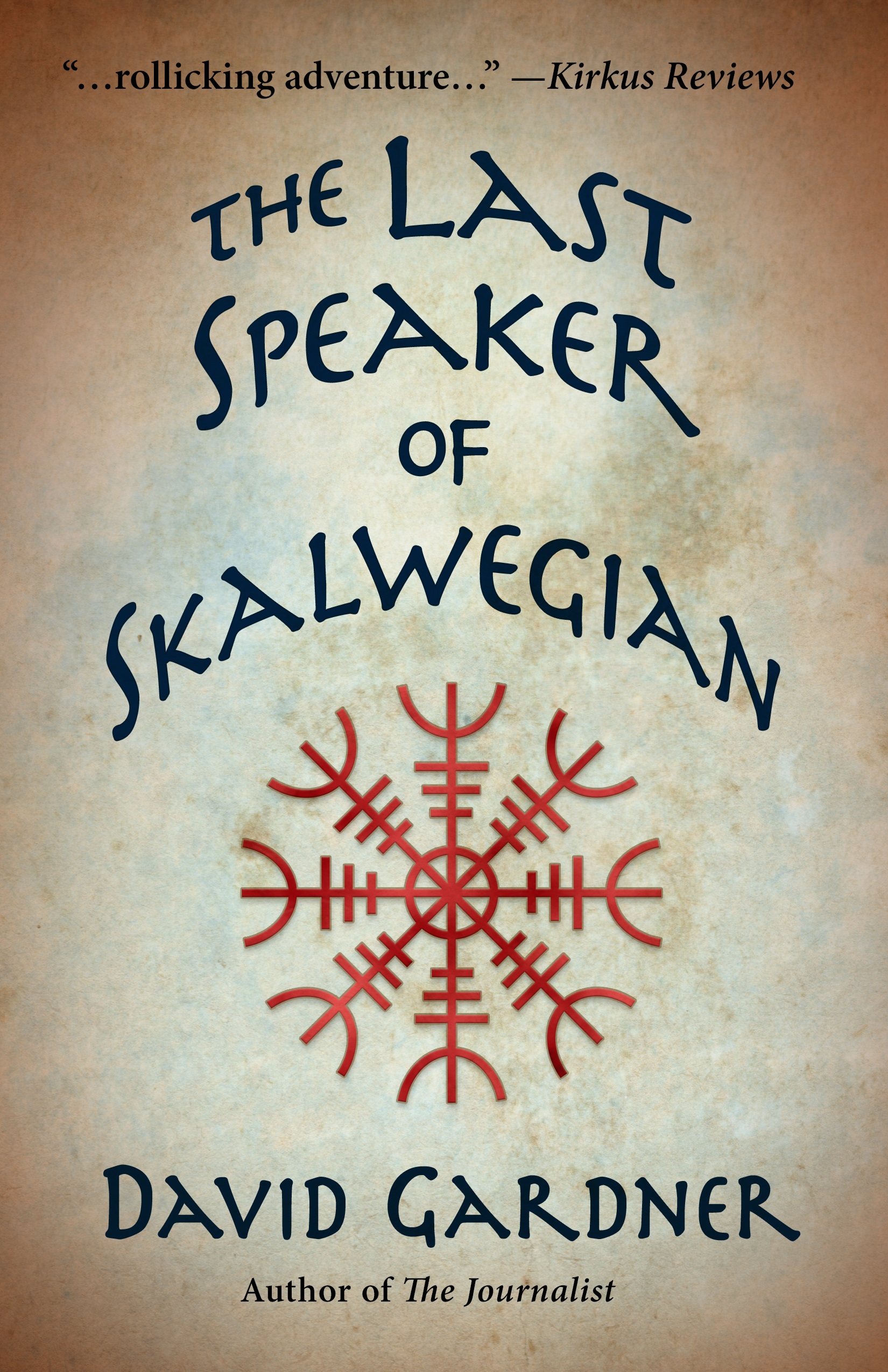Pickled Pink in Paris
December 14th, 2021Pickled Pink in Paris
by PJ Peterson
December 1-31, 2021 Virtual Book Tour
Synopsis:

A major business deal is disrupted by murder.
But a young physician has the key to the case…
A dying man’s last word whispered in her ear: “…mushroom…”
When medical internist Julia Fairchild receives an invitation to Paris from her long-distance beau, Josh, she packs a bag, grabs her sister Carly, and jets off for the City of Lights. But once they arrive, death and suspicion take the place of champagne and escargot. Josh’s business partner is dying in the hospital, and the gendarmes are convinced Josh is behind it.
Naturally curious and driven to seek justice, Julia jumps at the chance to clear Josh’s name – but he doesn’t seem interested in proving his innocence. Is he hiding something? Will Julia uncover the true murderer and salvage what’s left of her Paris vacation, or is she next on the killer’s hit list?
If you love Louise Penny, Laura Child, and Sue Grafton, you’ll enjoy reading this fun-filled cozy mystery! Find out why fans say “It’s a must read!” Don’t wait…
Book Details:
Genre: Cozy Mystery
Published by: Finngirl, LLC
Publication Date: August 5th 2021
Number of Pages: 246
ISBN: 1733567518 (ISBN-13: 978-1733567510)
Series: Julia Fairchild Mysteries, Book 3
Purchase Links: Amazon | Barnes & Noble | Goodreads
ISLAND BREEZES
Pink pickles were new to me, but apparently they are a thing in Paris. So are stuffed mushrooms with some interesting stuffing.
Julia and Carly are eager for their holiday when they visit Josh, Julia’s boyfriend. They are looking forward to sightseeing, shopping and for Julia, a little romance.
But it seems that Julia has a way of attracting dead bodies and mystery on her little getaways. Paris is no exception.
All this eats into any romantic time Julia was hoping to spend with Josh. Will she be able to help solve this mystery in time to spend a romantic evening with Josh before she has to head home?
Thank you, Ms Peterson, for this fun mystery. I look forward to Julia and Carly taking another bit of traveling into mystery land.
***Book provided without charge by PICT.***
Read an excerpt:
Chapter One
Sunday
“Where could he be?” Julia asked Carly. “Josh said he’d meet us after we cleared Customs.” She again searched the crowd of hopeful faces in the waiting area of the Charles de Gaulle airport. Her heart dropped at not seeing him, then raced wildly in her chest as she had a moment of anxiety about making the decision to meet Josh in Paris at all.
She turned back to her sister. “Do you see him yet? Maybe I shouldn’t have come. Maybe he’ll be sorry he asked me to join him. Maybe he won’t be here after all. Maybe…”
Carly rolled her eyes as she listened to her older sister. “You sure have a lot of doubts for someone who has to make split-second decisions regularly in your real life. Haven’t you two been staying in touch regularly? Everything will be fine.”
Dr. Julia Fairchild, now in her late thirties, had built a busy internal medicine practice in southwest Washington State over the ten years since she finished her residency. It was a challenge to take more than a week off at a time, but she had persuaded her new partner to cover for her while she made this big trip. She had met Josh Larson, a fortyish Washington D.C. corporate attorney who specialized in mergers, a few years earlier at an international hospital conference in Monte Carlo. They had reconnected the previous fall, when he had shown up in Amsterdam while she and Carly were there on a tap-jazz dancing tour. She’d been thrilled when he had invited her to meet him in Paris the following spring, where he had scheduled business meetings. Josh had explained that he would be busy with his company’s clients much of the time for the first several days of her trip, so Julia had suggested inviting her sister to keep her company. Now doubts clouded Julia’s thoughts.
“What if you don’t have a good time after I’ve talked you into coming?”
“Julia, calm down,” said Carly. “I’m sure we’ll both have a grand time here. How could someone come to Paris and not enjoy themselves?” She patted Julia’s hand, which was resting on the fence separating the arriving passengers from the greeters. “Maybe we got through Customs faster than he could get through the airport traffic,” she added. “Didn’t he tell you the congestion here was horrendous?”
“Yes, but—hey, I see my name on a placard.” Julia pointed to a line of livery drivers holding up signs identifying their intended passengers. “Follow me.”
Julia and Carly dragged their luggage through the throng of travelers, saying “Pardon” several times as they moved slowly toward the uniformed man. He was of smallish build, with graying black hair, a cleft chin, and small dark eyes. He smiled as Julia and Carly approached him.
“Bonjour. I’m Julia Fairchild,” she said, pointing to her name on his sign, “and this is my sister, Carly Pedersen. I don’t see Josh. Isn’t he here?”
“Welcome to Paris, mesdemoiselles,” the chauffeur said with a slight bow. “My name is Vincent. Monsieur Larson is unable to be here. Please allow me to take you to your hotel and you will learn more.” He took charge of their luggage and led the way to a gleaming black limousine.
Carly whistled. “Pretty fancy, sis. I should travel with you more often.” Carly Pedersen, a homebody at heart with a golden mop of hair, hazel eyes, and an effervescent smile, didn’t usually get the opportunity to travel to Europe and had jumped at the chance. Her husband, Rob, was quickly mollified by her promise to learn to prepare some French dishes at Le Cordon Bleu.
Julia flashed her a happy grin, pleased that Carly had agreed to come on this trip. As a physician dedicated to continuing medical education, Julia had traveled over the years to international conferences, but had not made it to Paris until now.
The chauffeur poured a flute of champagne for each of the sisters once they were settled in the limo. They toasted each other and Paris, then enjoyed the crisp bubbly drink in comfort as they motored through the city. Though disappointed that Josh hadn’t met her at the airport with a bouquet of flowers and a kiss, Julia was too enthralled with the thrill of visiting Paris for the first time to dwell on it.
Carly sighed. “Pinch me, Julia. I’m not sure this is real yet.”
“I don’t recall the last time I was in a limousine,” said Julia. “It wasn’t the ‘in’ thing when I went to our high school prom.”
“As if there even were any limos in our little town.”
“That would be the other reason,” Julia agreed. She pointed. “Look straight ahead, Carly. I can see the Eiffel Tower from here. It’s so majestic. Let’s plan to go to the top.”
“I hope you mean by elevator.” Carly had never been the athletic type but served as a cheerleader for Julia’s efforts at running and tap dancing.
“Maybe we can walk partway up,” Julia said, “and take the elevator the rest of the way.”
The limousine stopped in front of an elegant older building, Hotel du Champs de Mars, which was nestled in the chic Gros-Caillou neighborhood of Paris. Julia had noticed a mix of embassies and other posh hotels and upscale restaurants lining the tranquil streets as Vincent drove through the area. She loved the welcoming “Old World” ambience of the entrance, where a debonair valet dressed in a gold-trimmed red and black uniform stood at the door, ready to help the new guests.
“Bonjour, mesdemoiselles. Welcome to Paris.” He bowed gallantly, longish brown curls framing his young face, then helped Julia and Carly alight from the limo.
“Bonjour and merci, monsieur,” Julia managed to say in her rusty high school French.
Julia and Carly grinned at each other and linked arms as they entered the foyer. Josh had told Julia he had arranged their stay at this hotel because of its location near the Eiffel Tower and other popular attractions. He had also told her that it was his favorite place to stay when he had business meetings in the city.
“Welcome to Hotel du Champs, Ms. Fairchild and Ms. Pedersen,” said the desk clerk. “Mr. Larson left you a message, which you will find in your room. I hope you enjoy your stay with us.” He motioned to the bellman, who had secured their bags on a cart, and who then led them to the elevators on his left, and on to their room on the fourth floor.
The bellman opened the door and stepped aside while Julia and Carly entered the suite. Julia stood still momentarily, gazing at the elegantly appointed room. A small settee and chair graced the main room. The bed looked inviting, with layers of pillows and a lush comforter. “I feel like a princess in here. This is my favorite shade of blue. Look at the detail, Carly.” She plopped onto the bed. “I’m in love with Paris already.”
Carly peered out the window, which opened onto the street below. “It’s not far to the closest bistro either.”
After tipping the young man, Julia eagerly tore open the envelope, which she saw was written on high-quality ecru paper.
“What’s up with Josh?” Carly asked impatiently.
“His note says he has to entertain some important clients for dinner tonight. He says to meet him in the lobby here at four o’clock for a glass of wine.” Julia checked her watch. “It’s two now. We can wander around a little before we meet Josh and unpack later. Is that okay with you?”
“Sounds good to me,” said Carly. “So does a warm cookie. I saw them downstairs in the lobby, but the bellman walked right on by before I could grab one.”
Julia smiled, knowing Carly’s fondness for sweets, especially fresh-baked cookies. “We can go down and get one on our way out the door.” She headed back out the door and waited in the lobby while Carly nabbed their treats.
“How many museums on the list this time, sis?” Carly asked as they started walking down the street, cookies in hand.
“Six, I think. We can do more if you like.”
“Six.” Carly groaned. “You know how much I loathe musty old museums. I saw my share of them on the last trip with you—as well as their storage vaults, art, and forgeries. I don’t want a repeat of that experience.”
Julia grimaced. Too true. Neither did Julia. In fact, Carly had been kidnapped because of Julia’s snooping around a murder in Amsterdam. Thankfully, with some help, Carly had been rescued. If anything, Julia owed her little sister a fabulous trip with no drama. “Agreed. Although you have to admit it was memorable.” Julia ducked as Carly pretended to hit her with her bag. “Anyway, there are only a couple of absolute must-see museums here. We can’t leave Paris without at least going to the Louvre and Notre Dame.”
“I can tolerate visiting two of them.”
“And maybe Versailles.”
“That’s three,” said Carly.
“One museum, one cathedral, and one palace,” Julia clarified as they negotiated crossing a busy street. “Think of them more as beautiful historical landmarks that happen to contain marvelous works of art.”
“Very clever, Julia. Where are we going now?”
“I want to get my bearings around this area.” Julia found their location on the map she’d accepted from the desk clerk. “The streets here are crazy, from what I saw in the guidebook. It reminds me of trying to find my way around St. Maarten.” Although Paris was a full-sized city compared to the small towns of the Caribbean island, both locations perplexed visitors with their seemingly haphazard layout. Julia tried to shake off the thought of that island vacation, another trip that went awry. Julia felt herself scowl. She’d taken that trip to meet up with Tony—and that certainly went sour. And here she was again, this time to meet up with Josh. Would Josh also prove to be not what—
“Where are the street signs? They would be helpful right about now.” Carly interrupted Julia’s thoughts as they stopped at the street’s end, and Carly looked right and left.
“Look on the corner of the building, about six or seven feet up.” Julia pointed out a plaque bearing the street name. “We probably shouldn’t wander too far away, since we’re meeting Josh at four.” She studied the map again, comparing it to her surroundings. “The Eiffel Tower is nearby,” she said, pointing toward the park surrounding the famous structure. “We can walk around the grounds for maybe half an hour, then turn around and get back to the hotel to change and freshen up.”
“Works for me. Lead the way.”
The stately buildings gave way to lush greenery as they approached the Parc du Champs al Mars, which surrounded the Eiffel Tower itself. All cares melted away for Julia as she absorbed the Parisian beauty. Trees and shrubs and lush green lawns covered the acres and acres of parkland. Julia had read that three hundred workers had built the tower from eighteen thousand pieces in two years, two months, and two days, finishing in time for the opening of the World’s Fair in Paris on May 15, 1889.
“Oh my. C’est magnifique,” Julia said, snapping a few photos with her Nikon.
“It’s worth the walk, I’d say. How many steps did you say it is to the top?” Carly asked.
“One thousand seven hundred ten. At the YMCA, there was a challenge to climb that many steps by doing one hundred eight round trips on the staircase.”
“Wouldn’t half of those be going downhill? That seems like cheating, kind of.”
“But how else would you get back to the bottom of the stairs?” asked Julia, craning her neck to peer at the top of the tower. “Frankly, I agree that the elevator is a perfectly good option when we decide to go up. The website suggested going to the top in the late afternoon, and then staying to watch as the nighttime city lights turn on. That would be gorgeous, I’m sure.” She sighed dreamily. “Then we could walk down.”
After a few more minutes of admiring the lush ground-level scenery, it was time to leave to meet Josh. “Okay, Girl Scout,” Carly teased. “Let’s see how you do with your directions back to the hotel.”
Julia turned the map upside down to help her retrace their steps. Then she raised her hand in the air, pointed her finger, and said “That way.”
They passed a few tourists and several people walking dogs—not a French poodle among them. Several kiosks plastered with notices and handbills were scattered along the way. Julia suddenly stopped and grabbed Carly’s arm.
“What is it? Why are you stopping?”
Tapping a handbill advertising tango lessons, Julia said, “Wouldn’t that be fun?”
“Tango lessons? Not on my bucket list,” Carly said, shaking her head.
“But we’re in Paris. What better opportunity to learn the tango than right here?” Julia hummed a sultry tune as she danced solo on the sidewalk.
“Uh, Julia. People are staring at you, if you don’t mind.”
Julia giggled. “Oops. I got carried away.”
Carly stood with her hands on her hips. “What would we do for partners if we went?”
“Josh, for me. Perhaps they have extra men who take these lessons.” She tore off one of the stubs with the phone number. “Wouldn’t hurt to call.”
Carly shook her head more vigorously. “Not me. I’d almost rather go to a museum. Let’s keep walking.”
Five minutes later they were in the hotel lobby, where they found Josh waiting. Julia felt her breath quicken at the sight of the dark-haired, blue-eyed man with his trim athletic build. He returned her smile with a huge grin of his own, then enveloped Julia in a big hug, winking at Carly, who pretended to be embarrassed by the public display of affection. She was mollified by her own welcoming hug in turn. The trio chatted and laughed as they sauntered to the private patio, where a young, buff waiter seated them and took drink orders.
“Julia, let me explain what’s happened since my last email to you,” Josh said as he took Julia’s hands in his own. “As you know, I was planning to stay at this same hotel so I would be close to you.”
“You did say this was your favorite place. Where are you staying instead?”
“The Marriott on the Champs-Élysées. Roger Westover, one of my business partners, had arranged for us to stay in a suite of rooms because several of our clients are from out of town.”
“I don’t get it,” said Julia. “Why do you have to stay together?”
“Here come our drinks. I’ll explain in a minute.”
Julia caught the waiter winking at Carly as he served the beverages. She smiled, recalling other moments when her adorable golden-haired younger sister had attracted a man’s eye. Their Finnish heritage provided them both with striking high cheekbones, although Julia was bestowed brunette locks and sparkly blue eyes, in contrast to her sister’s blonde curls and hazel eyes.
“First, a toast to two beautiful women who make Paris even more lovely.” Josh raised his glass, with the sisters following suit. “Salud.”
Julia tasted the delightful pinot grigio, which had been chilled to the perfect temperature, as Carly sipped her gimlet.
“Here’s the story, Julia.” Josh took a big breath. “Okay, normally we would meet our clients at local restaurants or in their own offices; but these men, except Pierre, came to Paris from other cities. It seemed easier to have our meetings in the hotel rather than trying to find a restaurant with a meeting room. Anyway, Roger told me a couple of clients had insisted that we stay at the hotel with them.”
“Does that mean I won’t be seeing you?” Julia asked.
“No, but it will be less of me for now,” Josh replied. “That’s why I’m glad you have Carly with you. I know you will find fun things to do. We’ll catch up after these guys leave town in a couple of days.”
Julia sighed and said, “I understand.”
“In the meantime,” said Josh, “I have instructed your concierge to take care of any tickets or excursions that you would like to do at my expense. And the limousine is at your disposal.”
“You don’t have to do all that,” said Julia, disappointed that he had made arrangements as though he had known he wouldn’t be joining them.
“Actually, my company can afford it, and they owe it to me, seeing as how they put us in this position in the first place.”
Julia kissed Josh on the cheek. “Thank you, but I’d rather see you.”
“You will in a couple of days. I promise.”
Julia smiled hesitantly. “I knew we would have to entertain ourselves for the first couple of days anyway, so we have a Cordon Bleu course scheduled for tomorrow, and we can work in some sightseeing while we’re waiting.”
Carly piped up. “Julia is hoping you will want to take tango lessons with her while you’re here.”
“She is, huh?” Josh said, raising an eyebrow. “Sounds interesting. That might be safer than your tap dance adventures last year.”
“I’m not planning to get involved in any murders this trip. Scout’s promise.” Julia raised her glass.
Carly snorted. “As if you could avoid them.”
“A cooking class at Cordon Bleu sounds safe enough to me,” Josh said as he finished his drink. “Just don’t poison anyone.”
***
Excerpt from Pickled Pink in Paris by PJ Peterson. Copyright 2021 by PJ Peterson. Reproduced with permission from PJ Peterson. All rights reserved.
Author Bio:

PJ is a retired internist who enjoyed the diagnostic part of practicing medicine as well as creating long-lasting relationships with her patients. As a child she wanted to be a doctor so she could “help people.” She now volunteers at the local Free Medical Clinic to satisfy that need to help.
She loved to read from a young age and read all the Trixie Belden and Nancy Drew books she could find. It wasn’t until she was an adult that she wrote anything longer than short stories for English classes and term papers in others. Writing mysteries only makes sense given her early exposure to that genre. Sprinkling in a little medical mystique makes it all the more fun.
Catch Up With PJ Peterson:
www.PJPetersonAuthor.com
Goodreads
BookBub – @mizdrpj1
Facebook – PJ Peterson
Tour Participants:
Visit these other great hosts on this tour for more great reviews, interviews, guest posts, and giveaways!
| 11. |
| 19. |
| 22. |
Join In:
This is a rafflecopter giveaway hosted by Partners in Crime Virtual Book Tours for PJ Peterson. There will be TWO US Winners. ONE winner will receive (1) $25 Amazon.com Gift Card and ONE winner will receive one (1) physical copy of Pickled Pink in Paris by PJ Peterson. [U.S. Only] The giveaway runs December 1 through January 2, 2022. Void where prohibited.






